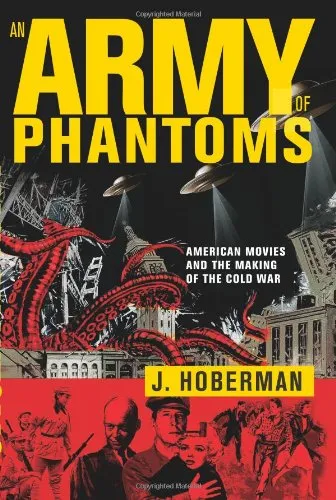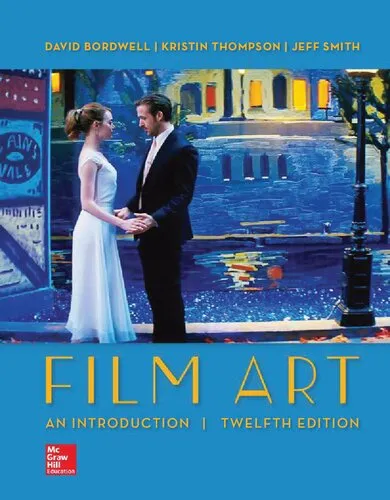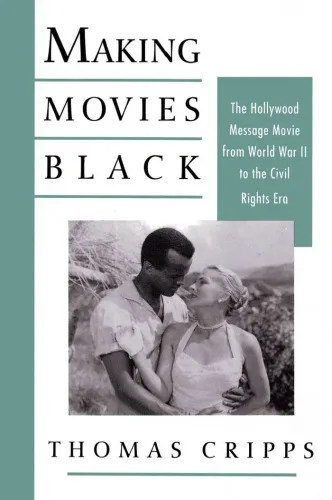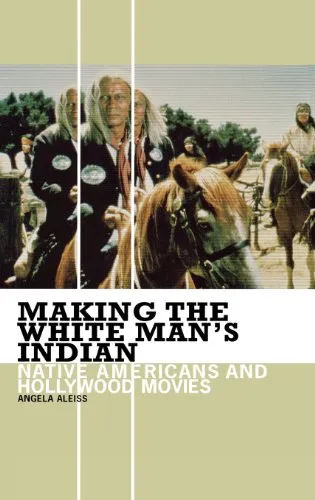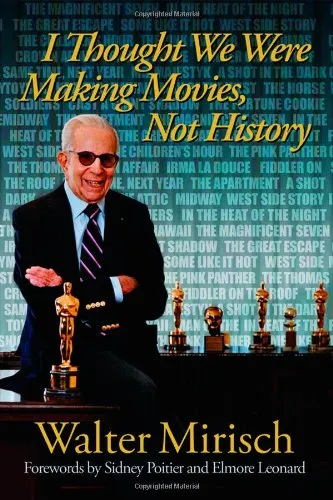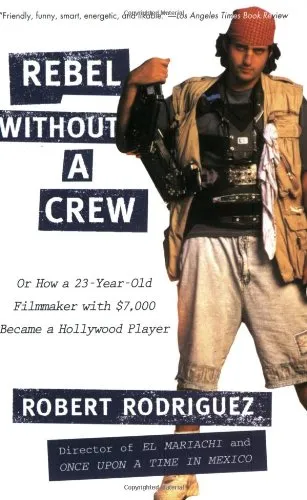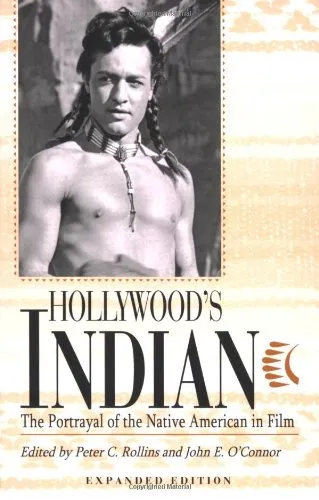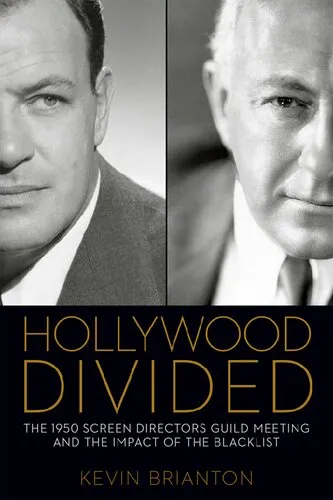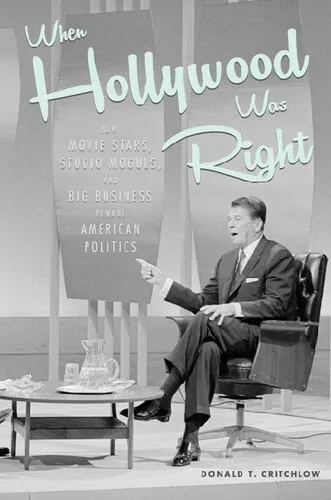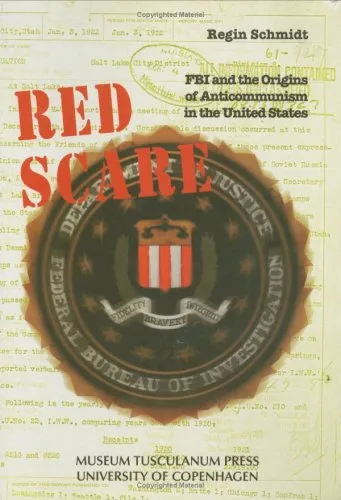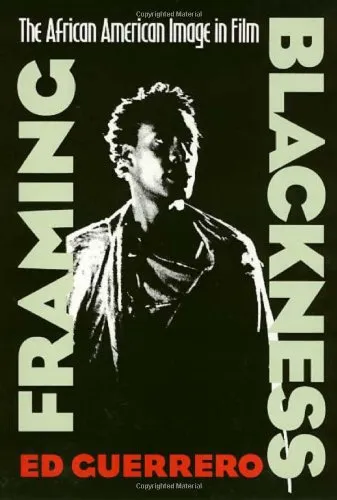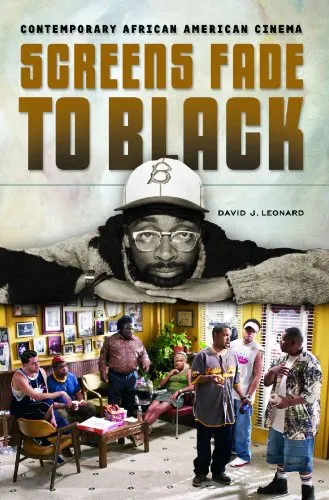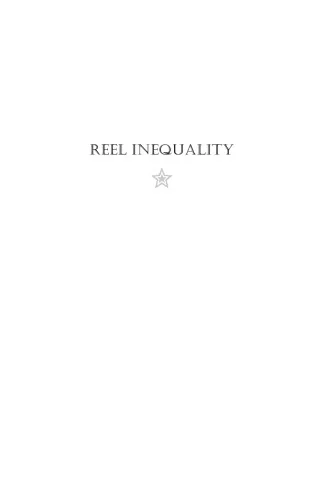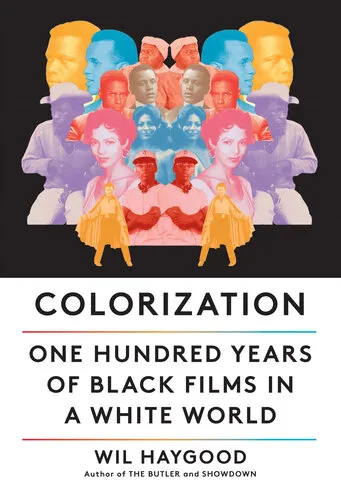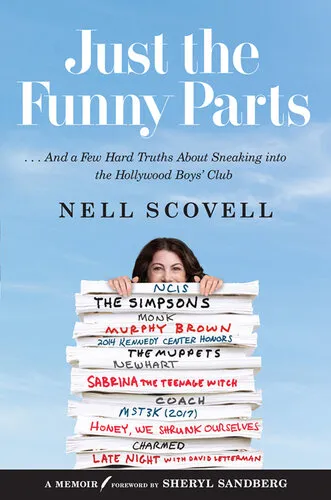An Army of Phantoms: American Movies and the Making of the Cold War
4.7
Reviews from our users

You Can Ask your questions from this book's AI after Login
Each download or ask from book AI costs 2 points. To earn more free points, please visit the Points Guide Page and complete some valuable actions.Related Refrences:
Introduction to 'An Army of Phantoms: American Movies and the Making of the Cold War'
"An Army of Phantoms: American Movies and the Making of the Cold War" by J. Hoberman is a comprehensive exploration of how Hollywood cinema influenced and mirrored the socio-political landscape of post-World War II America during the Cold War era. This book delves into the complex interplay between U.S. politics and popular culture, illuminating how film art reflected and shaped the fears, ideologies, and dreams of the 1940s and '50s.
Detailed Summary of the Book
In "An Army of Phantoms," Hoberman embarks on a deep dive into the cinematic universe of the Cold War, a time when paranoia and the specter of communism loomed large in the American consciousness. The book systematically unravels how films of this era not only entertained but also engaged with contemporary political narratives. Hoberman meticulously analyzes a range of films from this period, providing readers with insights into how cinema became both a tool of American propaganda and a medium expressing dissent and critique of the prevailing political climate.
Through detailed analyses of movies like "Invasion of the Body Snatchers" and "Red Menace," the author elucidates how films encapsulated the cultural anxieties of an America grappling with the threat of communism and nuclear dread. Hoberman's narrative is rich with historical detail, revealing the symbiotic relationship between Hollywood's glamorous exterior and the gritty realities of Cold War politics.
Key Takeaways
- Intersection of Culture and Politics: The book highlights the profound impact that political discourse had on the cultural productions of the time, demonstrating how films were influenced by and in turn influenced political sentiments.
- Role of Propaganda: Through cinema, Hollywood became an informal partner of the U.S. government in promoting an anti-communist ideology, subtly reinforcing government narratives through engaging storytelling.
- Cinematic Reflections: Films during this period served as a psychological mirror of America's hopes and fears concerning the ongoing international tensions, nuclear anxieties, and the ever-looming 'Red Threat.'
Famous Quotes from the Book
"In the shadow of nuclear annihilation, the silver screen not only entertained but instructed its audience in the subtleties of survival in an atomic age."
"Hollywood was less a palace of dreams during the Cold War than a chamber of nightmares, a prism through which the nuanceless light of American ideology was refracted."
Why This Book Matters
"An Army of Phantoms" stands as a critical contribution to the understanding of American cultural history, offering essential insights into how art and politics coalesce under the complex atmospheric conditions of fear and ideology. This book not only sheds light on past intersections of media and political power but also serves as a lens through which we can view contemporary relationships between Hollywood and political narratives.
By examining the ideological undercurrents of an era marked by pronounced tension, Hoberman equips his readers with the historical context necessary to understand the legacy and influence of Cold War cinema on both American culture and geopolitics. The work also poses timeless questions about artistic expression in the face of political pressure, making it a perennial reference for students, historians, and cinephiles alike.
Free Direct Download
You Can Download this book after Login
Accessing books through legal platforms and public libraries not only supports the rights of authors and publishers but also contributes to the sustainability of reading culture. Before downloading, please take a moment to consider these options.
Find this book on other platforms:
WorldCat helps you find books in libraries worldwide.
See ratings, reviews, and discussions on Goodreads.
Find and buy rare or used books on AbeBooks.
1476
بازدید4.7
امتیاز0
نظر98%
رضایتReviews:
4.7
Based on 0 users review
Questions & Answers
Ask questions about this book or help others by answering
No questions yet. Be the first to ask!
